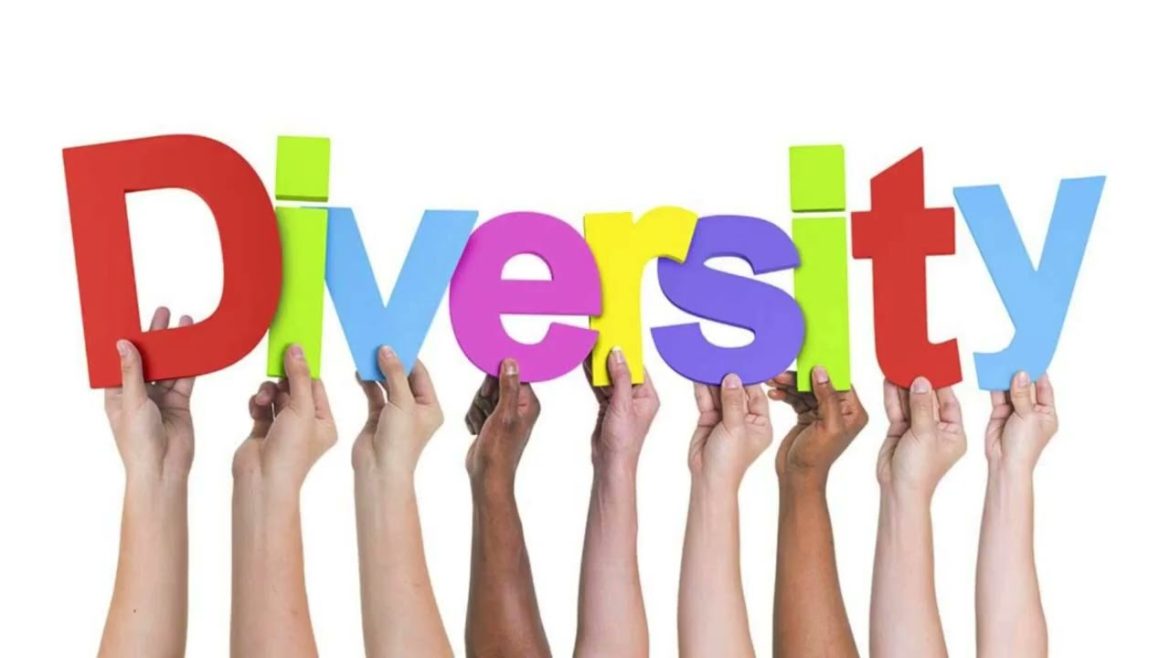However, the 21st century brought slow but undeniable change. Movements like #OscarsSoWhite and #MeToo forced institutions to confront their biases. The viral success of films like Black Panther, Parasite, and Crazy Rich Asians proved that diverse stories were not just socially important — they were commercially viable. Representation became more than a buzzword; it became a business case.
Advertisement
In music, the rise of artists from historically underrepresented communities changed the cultural landscape. The global success of artists like Beyoncé, Bad Bunny, BTS, and Burna Boy signaled a shift in who gets to define the sound of a generation. Genres like K-pop, reggaeton, and Afrobeats broke into mainstream Western markets, further proving that audiences crave cultural variety.
Streaming platforms have played a major role in accelerating this shift. Companies like Netflix and Amazon Prime are less tied to traditional gatekeepers and more willing to take risks on unconventional stories. Series like Sex Education, Pose, and Master of None feature casts and creators from diverse backgrounds and explore issues of race, gender, identity, and sexuality in nuanced ways. With global audiences, these platforms are incentivized to reflect the diversity of the world they serve.
Representation behind the scenes is equally important. A film about a Black family written and directed by a white filmmaker can fall into stereotypes, even with good intentions. But when people from marginalized groups tell their own stories, authenticity and depth increase. That’s why the presence of diverse directors, writers, and producers is vital. The industry is beginning to recognize this, with more inclusive hiring practices and diversity programs, but progress remains uneven.
Gender inequality remains a major issue. The gender pay gap in Hollywood is well-documented, with leading actresses often earning significantly less than their male counterparts. Female directors still account for a small fraction of big-budget films. Harassment and discrimination persist, despite high-profile reckonings. While more women are stepping into leadership roles, the pace of change is still frustratingly slow.
The LGBTQ+ community has also made major strides in visibility. Shows like Heartstopper, RuPaul’s Drag Race, and Euphoria have brought queer stories to the forefront. Trans actors like Laverne Cox and Elliot Page have become household names. Yet, challenges remain — especially for trans and non-binary creators, who still face barriers in both casting and storytelling.

